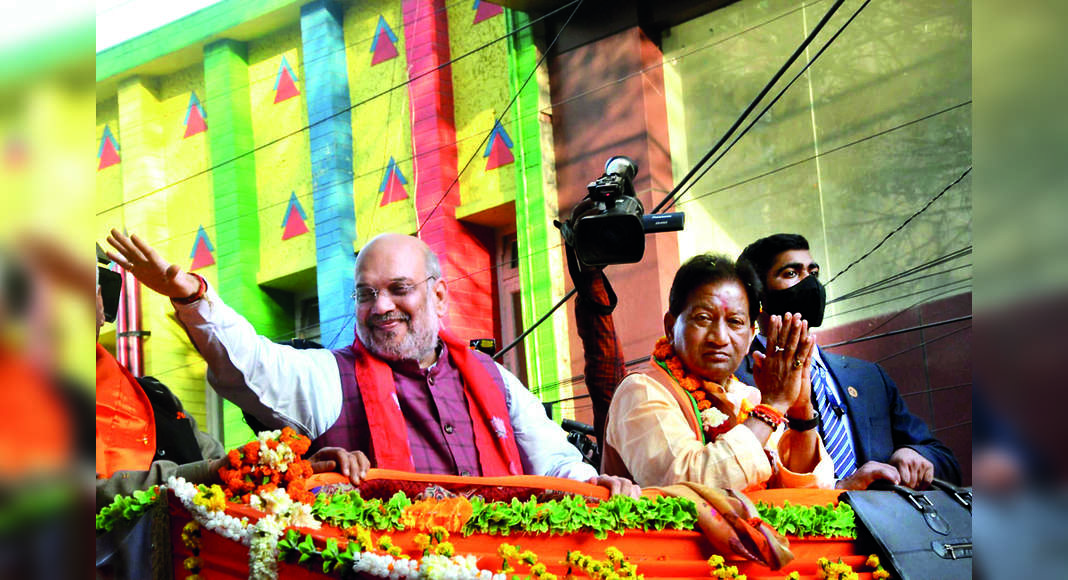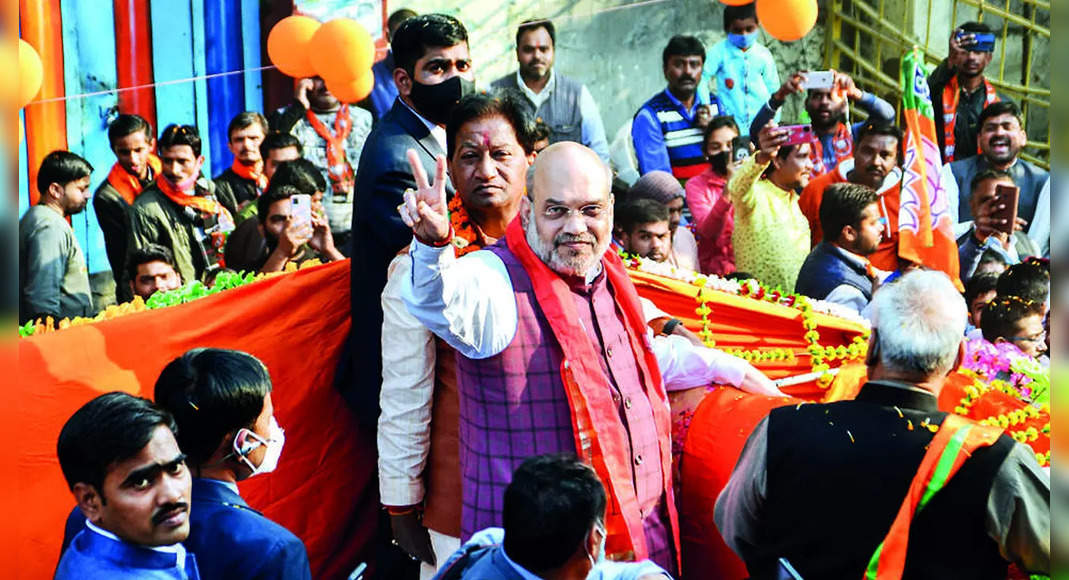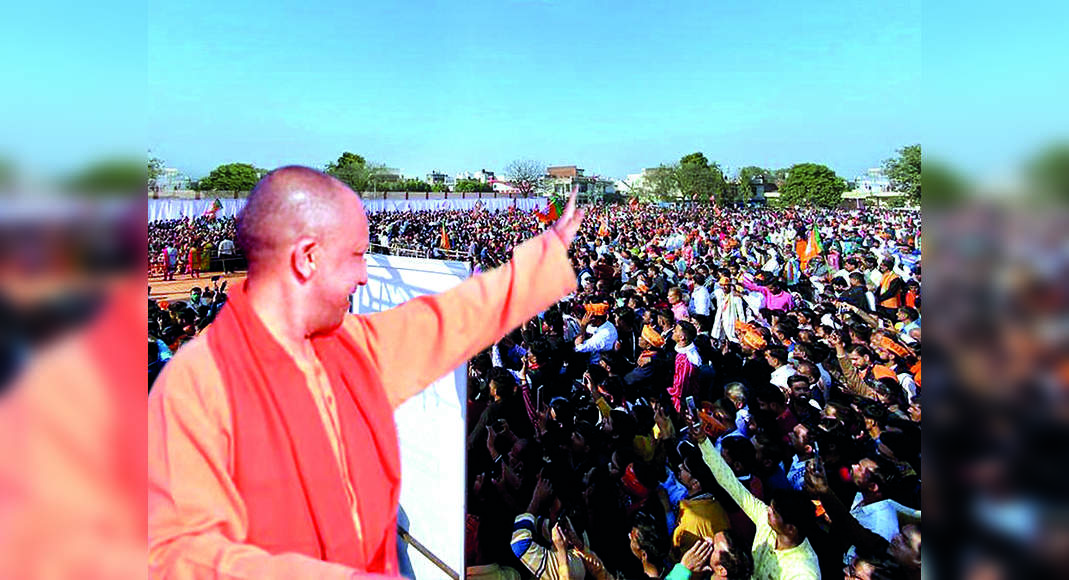Kanpur: Laying stress on mass vaccination against coronavirus and strict adherence to Covid-19 appropriate behaviour, a study conducted by two experts of the Indian Institute of Technology, Kanpur (IIT-K) has spelled hope so far as impact of the anticipated third wave of the pandemic is concerned.
Using the Susceptible Infected Removed (SIR) model, professors Rajesh Ranjan and Mahendra Verma have constructed three scenarios of a possible third wave while using the epidemic parameters of the second wave.
“The third wave of Covid-19 could be delayed untill November if all protocols are followed.
Also, if 60% of the population in the country is vaccinated, the impact of the third wave could be mitigated.
Not only this, the third wave could even be prevented from occurring if appropriate steps are taken in time,” the study has concluded.
The two experts analysed the data from the second wave of the pandemic to make predictions for the third wave, which has now become a topic of discussions.
They stated that to break the chain of coronavirus transmission and to avert the wave of the pandemic completely, it is most important to vaccinate the maximum number of people in the country against Covid-19 and that too at the earliest.
However, they have issued a warning, too.
“The third wave could hit the country early and could turn out to be highly contagious or infectious if Covid protocols like wearing of face masks and following social distancing norms are not followed rigorously,” the study has observed.
In view of the significant anxiety among policy-makers and the public about the possibility of a third wave, the experts — using the Susceptible Infected Removed (SIR) model — constructed three scenarios of a possible third wave using the epidemic parameters of the second wave.
The three scenarios have been assumed considering that India is fully unlocked by July 15.
According to the first scenario, the third wave is expected in October but with a lower peak height than the second wave.
In the second, the peak could be higher than the second wave and may appear early around September, while in the third case the peak of the third wave could be delayed until late October with strict adherence to social distancing norms.
In this scenario, the peak will be much lower than the second wave.
“The main presumption we took is that the unlocking date is July 15.
We presume that by July 15 the entire country is unlocked.
We also presume that as on July 15 the situation in the country is what it was like in the month of January this year.
Now, if we consider the pandemic parameters from the second wave, we find that the peak will happen in and around October,” Prof Ranjan told TOI.
He added, “Now, we simulate a second situation where we increase the reproduction number — basic reproduction number (RO) suggests the average number of people that can contract the virus from one infected person.
In this case, the virus mutates and becomes more infectious and we find that the peak comes early and the peak height is much higher than the second wave.” “Then we simulate a third scenario where people strictly comply with the Covid protocols and maximum country population stands vaccinated.
We find that the third wave can be delayed till November and also peak height will be much smaller than the second wave.
We can utilise this time untill November and vaccinate the maximum number of people.
This will help us in lowering the peak,” he further stated.
“In a nutshell, we can say that there are chances of a third wave to happen as we don’t know whether herd immunity — this could be ascertained using sero survey data — has been achieved or not.
If we follow Covid-19 protocols strictly, the peak would be happening in November but its height will remain low,” he told TOI.




